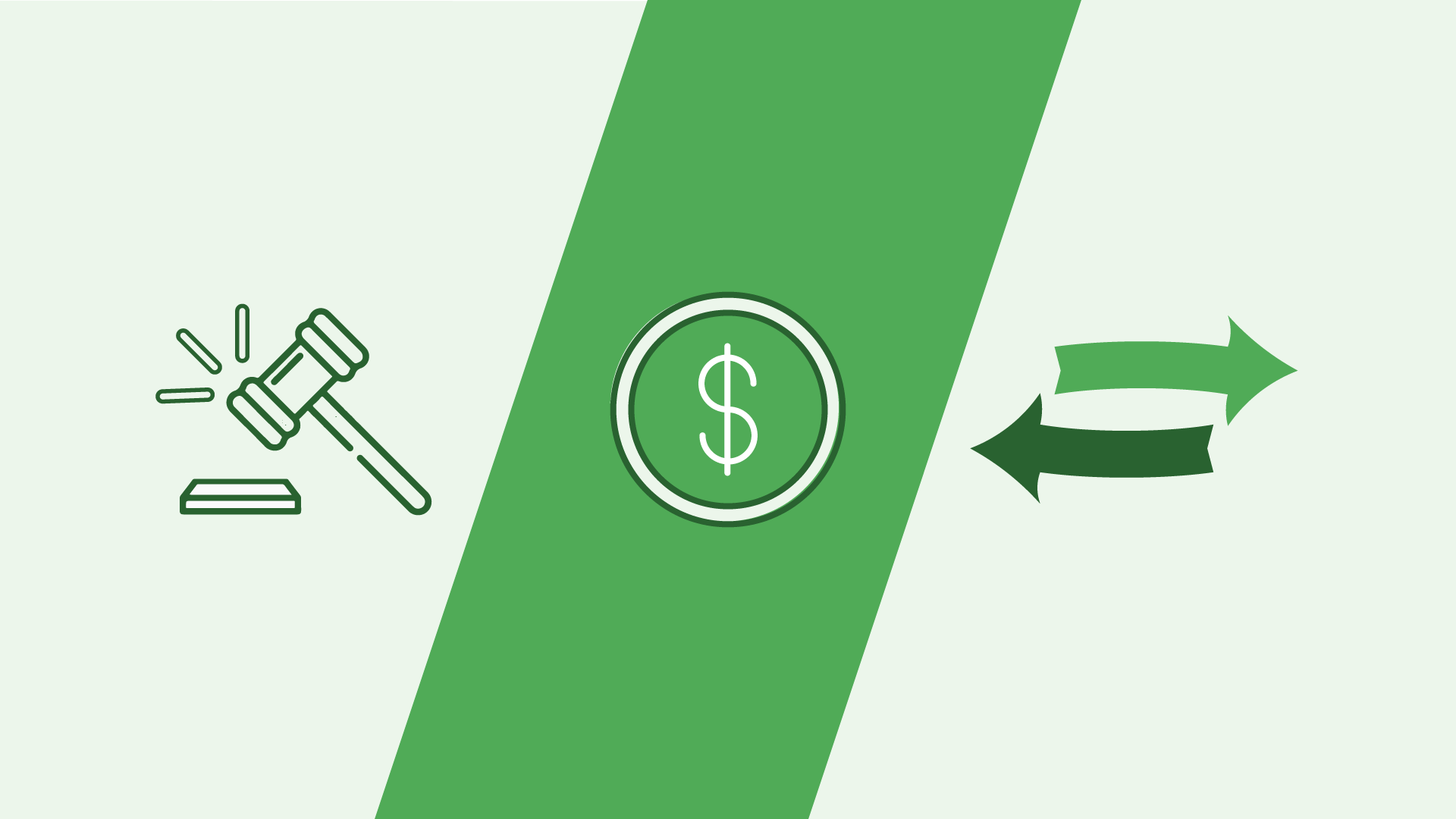
Every seller is different, and every seller has different needs, so let us help you decide if you should auction, sell, or trade your car.
Real-Time Results
The most exciting part of an auction is watching the bids come in, each new bid higher than the last. The real-time nature of an auction also means you’ll get definitive results in a predetermined amount of time. No more guesswork about when you’ve found the right buyer, and you will see how much demand there is for your car right away.
Less Paperwork
Because an auction employs a third party to handle the sale (the auctioneer or auction platform), they’re also going to do some paperwork. And if you use Carmigo, we’ll handle all the paperwork — title, loan payoff, transportation logistics, and any other hassle.
Better/Fairer Price
Because auctions have multiple bidders making offers in real-time, the marketplace will typically provide a higher price and, at the very least, a fair price. We’ve written about the ins and outs of auctions on the blog, but basically, it’s because of a combination of a larger marketplace, a diverse set of needs, and the built-in competition.
Less Hands-On
Because a third party is handling the auction, they’ll be setting a lot of the terms of the sale. That doesn’t mean you don’t have any control (you’ll likely set the price and decide when or for how much your car sells).
Includes Fee
Auctions charge a fee for their service, but if you find the right one (ahem, Carmigo), you’ll only have to pay a flat fee of $350 after the sale.
You’re in Charge
This could be a con, depending on your comfort level with private sales. But when you sell your car on your own, you set the terms and control the sale. You’re in control.
Opportunity to match auction prices
Depending on your skills as a marketer and negotiator, you could attract just as many offers and sell for a price comparable to what you would get at an auction.
Strangers
Have you ever sold something on craigslist or Facebook Marketplace? There is typically a flood of demanding messages: “Will you take less?” “Is this available? Pls respond now?” “What’s your bottom price?” “Will you trade for a generator and a weight bench?”
Plus, they’ll want to come to your house and maybe even take it for a test drive. It’s uncomfortable, not fun, and many sellers feel unsafe in these situations. It makes sense when tens of thousands of dollars are at stake in many cases.
Bartering
The back and forth of bartering over something you’re selling online or otherwise is exhausting (or thrilling for some).
Time Consuming
Between making signs, posting ads, fielding messages, scheduling visits, bartering, and all the paperwork, selling your car privately takes a lot of time. And that’s even if it sells fast.
Immediate
We’re not going to lie, taking your car to the dealership and being able to part with your used car immediately can be a blessing. And that’s especially true if it’s a car you’ve wanted to rid yourself of for a while.
Credit Toward New Car
Getting a trade-in means you’ve got automatic money down on your new vehicle without additional transactions.
Convenient
Being able to drop your old car off and drive away in a new one is undeniably convenient. In some cases, it may even be worth the reduced value you’ll get in return for your car.
Less Money
Typically, dealerships can offer less money on a trade-in because they know how convenient it is. After all, you’re already on the lot. And it’s not like you can drive two cars home.
One Buyer, One Price
If you’re only getting one offer, chances are it’s not the best offer the marketplace has to offer. Honestly, it’s probably not even the average. Having one offers means your price is based on the needs of one dealership, not the larger marketplace.
Bartering
Spending time at a dealership means spending time in the back and forth. How often does the dealer have to “ask the big guy” if he can offer more before you second-guess your decision?